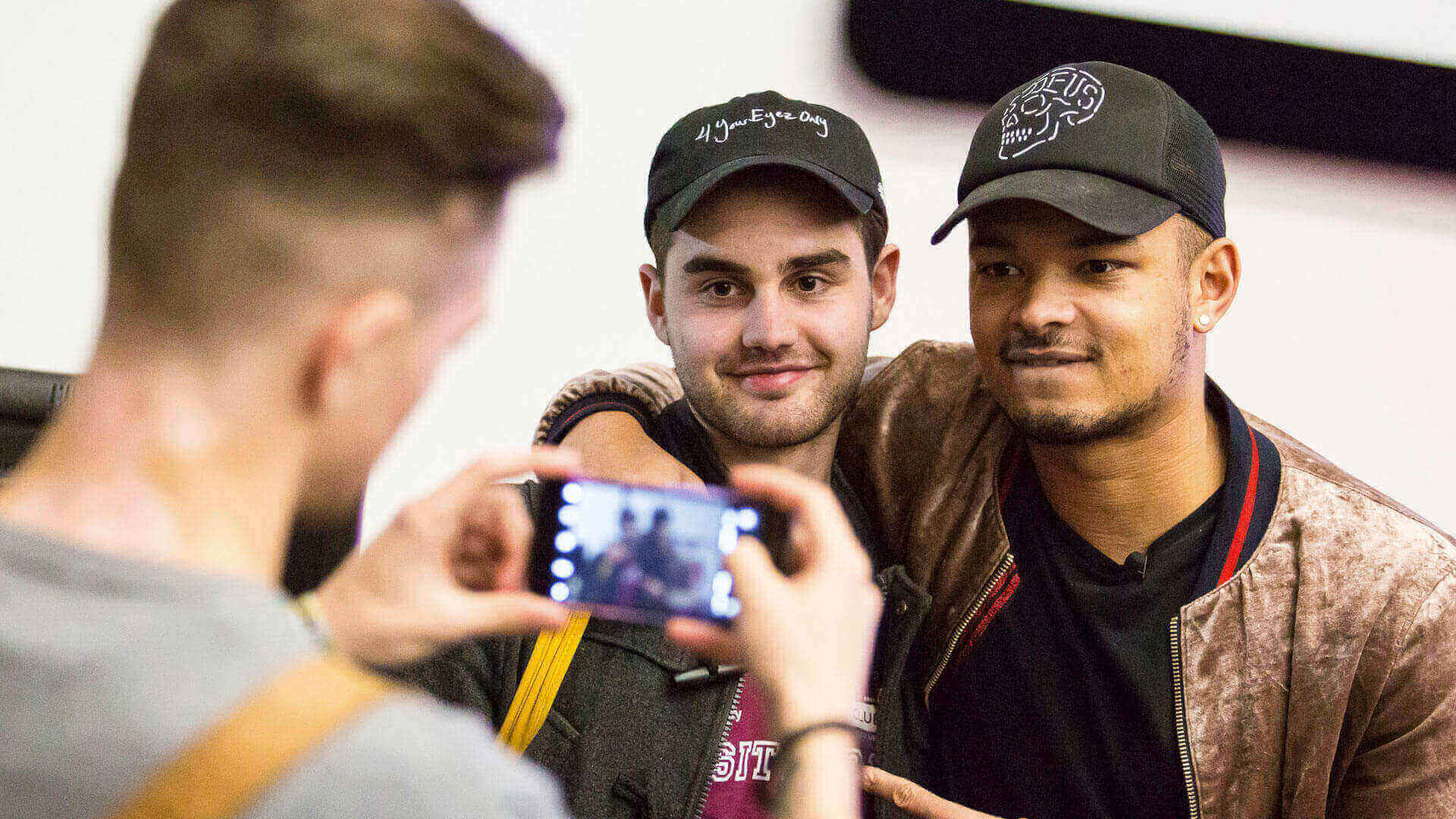DIGITAL DETOX DREAMING

While it may be something that we have all felt for some time, it has been confirmed that social media usage, even just for a few hours a day, is bad for our mental well-being. It has been linked to depression, low self-esteem and obsessive behaviour. Overuse of social media exhibits all the classic signs of addiction. This is becoming more apparent as social media addiction treatment camps and clinics are being set up to help curb this addiction across the world.
As the most avid and engaged users, with young people averaging three hours of social media usage daily and some admitting up to eight hours of daily use, the majority of students could have told you about the addictive nature of social platforms and tech some time ago. So it should come as no surprise that a subculture of students is emerging who take social media detoxes, with a hardcore few staying off social channels completely.
While students don’t always want to be plugged in to social media and they fully recognise the drawbacks and dangers of being always “on”, at the same time they are conflicted, as many feel they can’t stop in case they miss out on something. In a world of constant information streaming they don’t want to feel out of the loop.
When asked, 77% of students said they would definitely do or consider doing a no-social-media-month, in line with Dry Jan, Veganuary, Movember, etc. 10% of those admitted that they really needed it.
And even for brands it seems that there has been a shift from digital to physical: students have told us that the best and most effective part of a brand campaign is the experiential component, which could in part be down to the over saturation of their social feeds, with brands fighting for air time. This shows us that having a real-world presence is more important than ever.
And when it comes to digital detoxing, is there room for brands in this space? It looks like there is a tide of social media detox coming –- are you going to help or hinder them on this journey to finding balance? Apps such as Calm, which promote breaks from social media and ways of managing this addiction, are winning App of the Year.
Brands have an opportunity to make students’ real-world experiences – not just their digital experiences – better by creating engaging campaigns that offer them a genuine connection and a way to get out of the social media bubble, at least for a while. By directly engaging students and encouraging them to participate in events, a brand can interact with its audience in a real and lasting way, and one that they will remember.
To find out more, get your hands on the research or to book in a workshop, email us at hello@seedmarketingagency.com